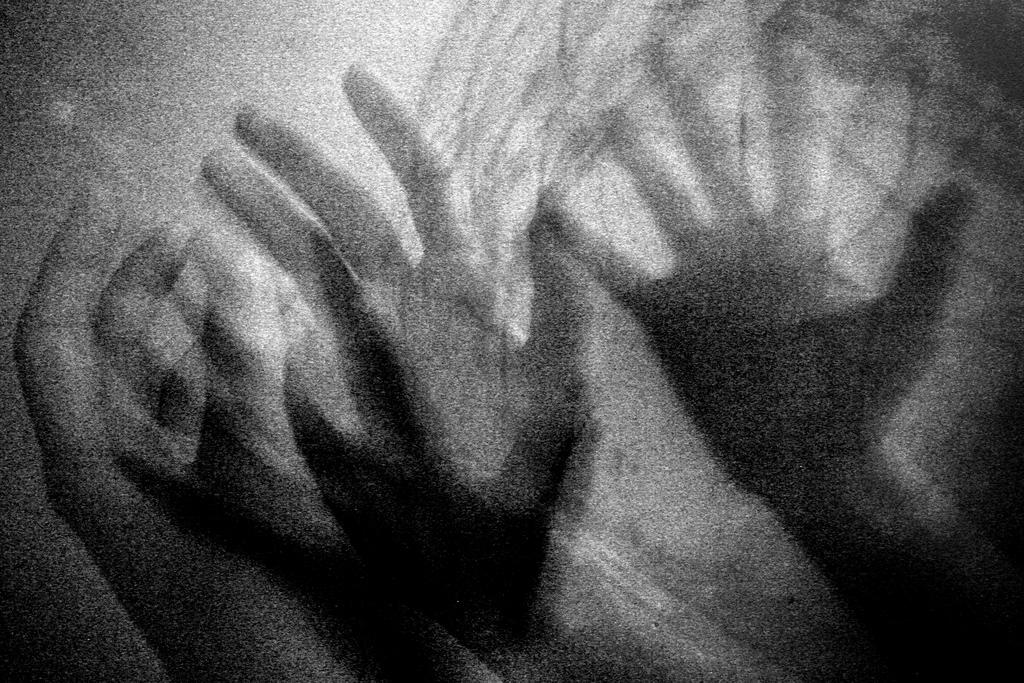Last week, alumni of Franciscan University of Steubenville were shocked and saddened by the revelation, coming in a letter from the university president Sean O. Sheridan, TOR, that credible allegations of sexual assault had been made against Sam Tiesi, TOR, the beloved priest and friar so many students recalled with fondness from the 80s, 90s, and early 2000s.
Not everyone was surprised, though. Stories about misconduct predated the letter from Sheridan, but people had kept them largely to themselves, out of respect for the victims. And, moreover, many already knew that Franciscan University has a questionable record when dealing with Title IX issues.
And there were others who simply refused to believe it. “He was a good man!” one defender exclaimed. “He may have had dementia” said another, in spite of the fact that the alleged incidents occurred while Tiesi was still alert and energetic, white haired but hardly an old man. Others went so far as to say that this was an attack on the university, and – predictably – to blame the gays, even though the allegations pertained to conduct with women.
Seven years ago, I might have been clamoring with them.
For one thing, Fr. Sam was a friend of my family. I knew him from when I was a kid, long before my student days, when my father helped him put in his garden behind the (no longer standing) friary. Fr. Michael Scanlan was an even closer friend; my sister and I once offered him some of our ghastly home-made wine, God help us, unaware at the time that he was a wine savant on par with Lord Peter Wimsey. Later, I found out about his remarkable wine-tasting abilities, at a pleasant private meal with friends. That’s another cheerful memory I have to revise.
It is not easy to believe bad things about people of whom you were fond. It’s not just that it means rethinking the people themselves; it means retelling the whole story of your life. I know this, because by the time I heard the news about Tiesi, I had already been through this anguished process which involves a some of the same stages as grieving (denial, anger). Grieving is a part of it, maybe: the person you thought you knew is dead. Maybe never existed.
Seven years ago, I was hosting friends at my house, and brought up, in casual conversation, a mutual acquaintance, someone of whom we were all very fond. Since he’d entered the religious life I’d rarely seen him, but he was the first one I thought of when I thought “a good religious.” Hard working, humble, funny, kind. I’d known him well before his vocation, and even had a bit of a crush on him for a while. A lot of women did. And he wasn’t one of those rock-star skeezy religious types, either: he seemed salt-of-the-earth.
So when my friends, sadly, reluctantly, told me where he was, and why (state prison, for child molestation), I thought: there’s no way. There must have been a vendetta. Maybe a scorned woman accused him? Or, as the reality sank in: maybe it was just one time? Maybe he was drunk? Maybe he got really depressed and it drove him to drink and he didn’t know what he was doing.
But I wasn’t permitted to cherish any of these illusions. Ultimately I had to face the facts, and couldn’t dress them up with “well, clearly the devil was out to get him because he was a good man.” Good men do not do certain things. This is not to say that human beings aren’t a motley mix, or that anyone is beyond temptation – or beyond redemption. Nor that redemption of oppressors isn’t connected with justice for the oppressed.
The light comes through the cracks, and all that. But some cracks are the kind that shatter lives, forever.
It’s not enough to say “well, we’re all sinners.” Flattening all sins together is a kind of gnosticism, that denies the terrible reality of what certain acts do here on earth. Pedantic though it seems, moral theology has hierarchies of sins for a reason.
Even talking about “sin” puts the focus on the rift between the soul and God, distracting us from the spectacle of power abusing vulnerability, destroying innocence – and the demands of justice.
No matter how hard it is for us to accept that the men we viewed as heroes were in fact guilty of terrible and disgusting acts, it will never be as hard for us to live with the readjustment of our beliefs as it has been for victims to suffer in silence. And refusing to believe them makes their suffering all the more painful.
Think about how you respond. Think about who may be hearing you.
www.flickr.com/photos/dano_r/2907035470/












